
Game Design Theory
Episode 2: Amplification of Input
Thanks again for the interesting comments on the previous episode, hope for more discussion on this one.
Apologies for the bad lighting filmed this one on a sunny afternoon. A rare treat in the UK 🙂
If you enjoyed any of that (or disagreed with me), I hope you comment below. If you want to see me actually put some theory into practice please take a look at my other project for my game Deneb.
I am thinking of doing a bit of a math-heavy one for the next one. I would be interested in if people think that is a terrible idea or not. Some bits of theory from maths can be very useful in this arena, but it’s not everyone’s cup of tea, and it isn’t always needed to understand the principles at play.
































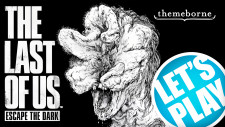
![TerrainFest 2024! Build Terrain With OnTableTop & Win A £300 Prize [Extended!]](https://images.beastsofwar.com/2024/10/TerrainFEST-2024-Social-Media-Post-Square-225-127.jpg)











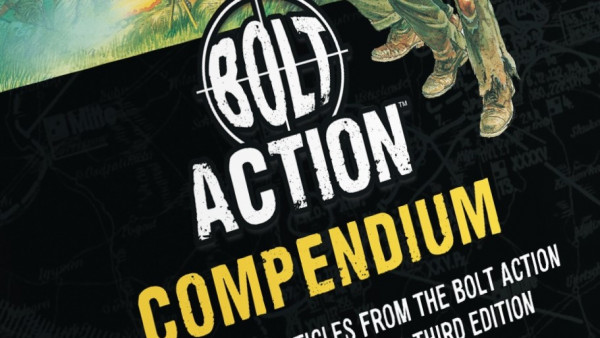

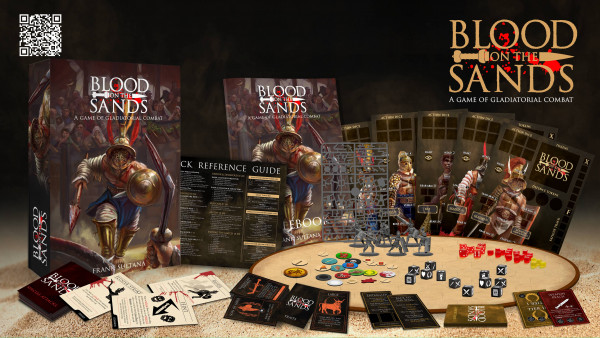



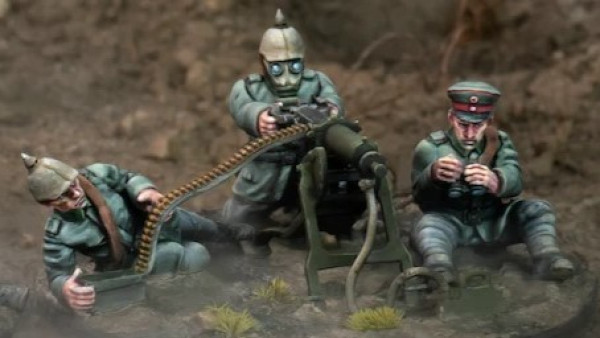

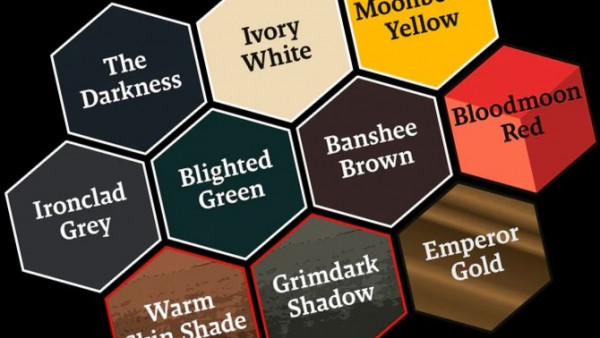
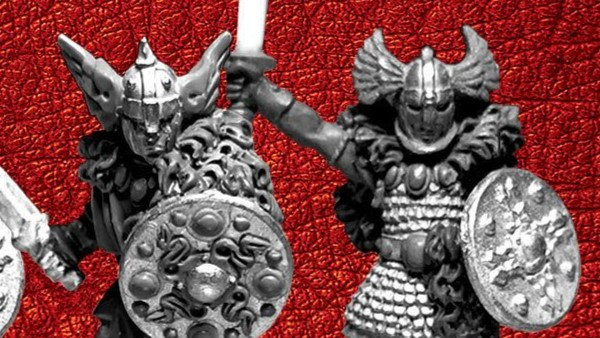
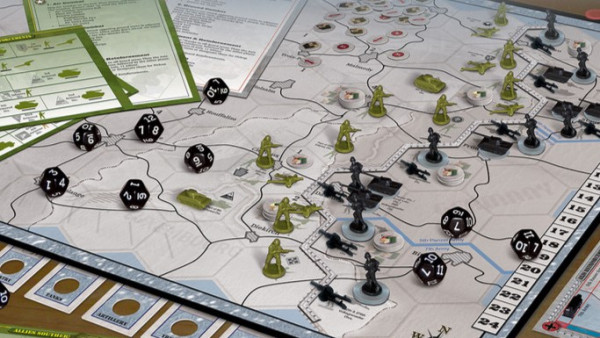










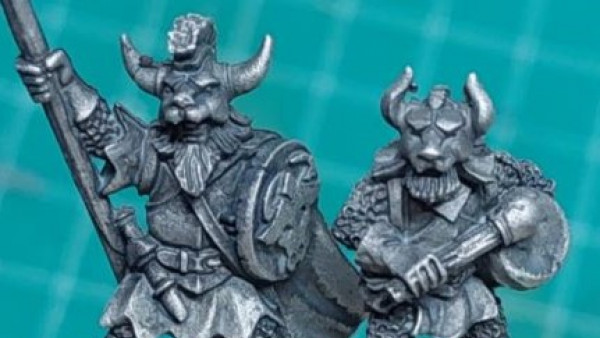

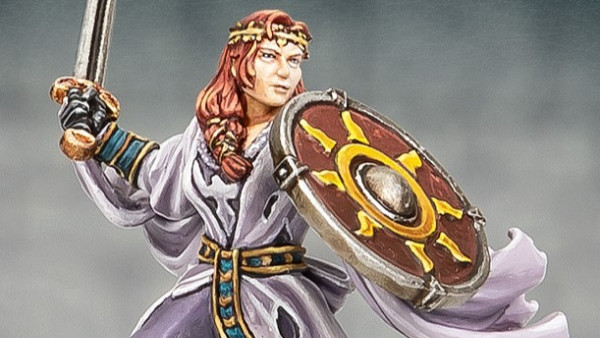
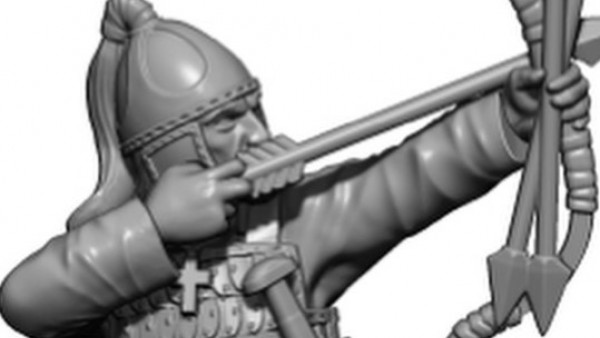
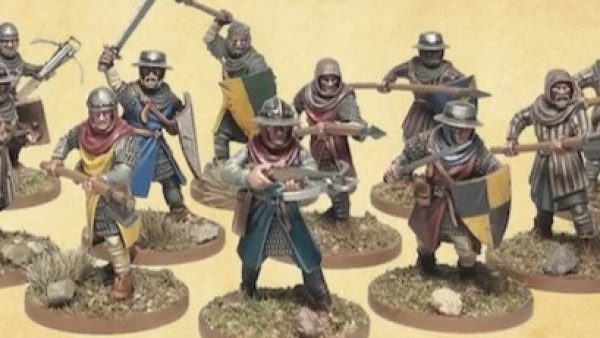
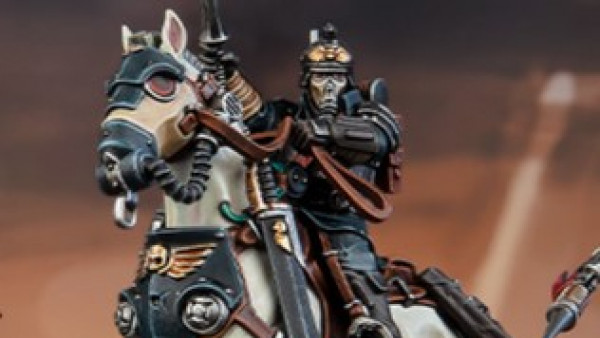


Another interesting topic. A facet that came to mind as I was listening was my view of token-heavy games, which I have somewhat avoided. They can be clutter if done poorly or haphazardly in relation to the mechanics. They can be warranted if they aid in managing the complexity. They can also be well used if they enhance the theme of the game. Might be more true for a licensed or well known game, but a token or chit that represents a facet of the world as opposed to just game information draws me in. Thinking of an example, I… Read more »
That is a good example of where the equation of abstraction and theme re-enforced the theme in one-case, and hurt it in the other, though still being quite a similar mechanic. I think it is certainly true that you can add depth and in-doing-so add complexity, and the game can still be pretty great (or even better because of it). I think it’s impossible to totally divorce the two, but I wonder conceptually if you could, would you ever choose to increase complexity independently of depth? My gut instinct is no, but then it might need a better definition of… Read more »
I could only see increasing complexity without doing the same for depth as a gimmicky or very theme-based decision. A game along the lines of creating a Rube Goldberg machine or something similar might require steps bordering on the absurd to achieve a simple effect. Maybe an example that I’ve heard of is the puzzle mechanic in the upcoming UBOOT boardgame. I believe to repair damage the controlling app requires a player to assemble a puzzle in a limited time. A complex mechanic that would typically be a die roll or card draw.